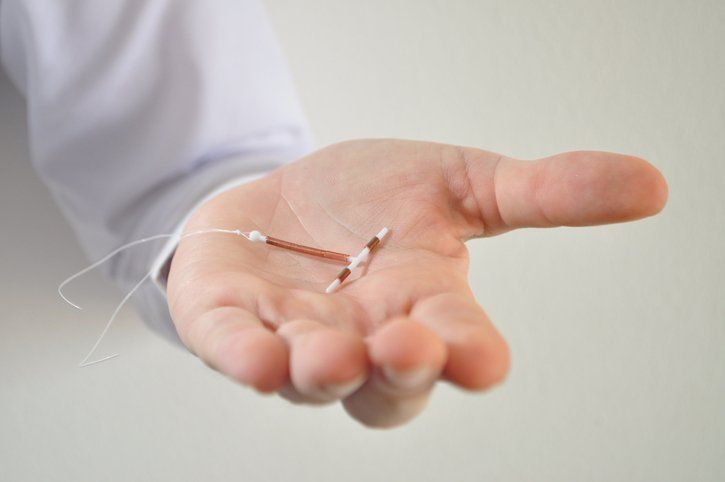Types of UTIs and Treatment Methods
- By Admin
- •
- 01 Aug, 2022
- •

Most urinary tract infections are easy to test and treat. The most common diagnostic test is to examine a urine sample under a microscope. Therefore, such a non-invasive test should not prevent you from seeking treatment. If the doctor detects yeast or bacteria in the urine or other samples, they compare them to standard levels of a healthy person and make a diagnosis.
Certain women are at a higher risk of getting UTIs than others. Sex is a major cause of UTIs, and some types of birth control methods, such as diaphragms, may increase the chances of infection. In addition, some conditions heal independently without needing intervention, but a doctor's opinion is essential. This piece examines different UTIs and the available treatment options.
Urethritis
Urethritis manifests as a painful and burning effect that causes discharge from the urethra and frequent urination. Pain during sexual intercourse and itchiness on the tip of the urethra are also common. The pain also extends to your pelvic region and abdomen. Other symptoms include chills and fever. However, the best way to know if you have urethritis is through a diagnosis.
The most common way to treat urethritis is to take antibiotics. In addition, the doctor might recommend that you refrain from intercourse for a few days. The doctor might suggest that your partner seek treatment to protect them. Urethritis symptoms disappear after a few days of taking the medication. Healing time mainly depends on your immune system and the extent of the infection.
Cystitis
Patients with cystitis constantly feel the urge to urinate and experience a burning sensation. However, the urine quantity is often small and may contain traces of blood. You may also experience discomfort in the pelvic region. Other symptoms include fatigue, fever, and pressure in the abdomen.
The body resolves some simple cases of cystitis on its own, and you may not require antibiotics. However, complicated issues require short-term treatment using antibiotics to resolve. In other incidences, the body may suffer from other underlying conditions such as resistance to antibacterial drugs. These cases require long-term treatment options to heal cystitis.
Pyelonephritis
The diagnosis for pyelonephritis involves scrutinizing a sample of your urine on a microscope. A positive test shows red and white blood cells in the urine, meaning you have a kidney problem. You may also encounter other signs such as chills, nausea, back and groin pain, and fever.
If cystitis advances into your kidneys and causes pyelonephritis, you need oral antibacterial treatment that lasts a few days until your kidneys are healthy again. If you have a complicated case of acute pyelonephritis, the doctor might recommend an intravenous antibiotic treatment that bypasses your digestive system to enter the bloodstream directly.
Vaginitis
The most distinct sign of vaginitis is lightly colored vaginal discharge. You may also experience pain during intercourse and when urinating. The vaginal discharge changes odor, amount, and color, which signifies a change in the normal balance of bacteria in the vagina. Doctors perform a pelvic exam and pH test and review your medical history to determine whether you have vaginitis.
Some available treatment options include using vaginal suppositories or creams applied for a few days after the diagnosis. You may also require oral medication recommended by the OBGYN for bacterial and yeast problems. The exact cause of vaginitis is unknown, but those who have never had sex rarely get it.
The best way to promote your reproductive health is to take preventive measures. If such measures fail, avoid panic and fear-driven solutions. At Jack G. Faup M.D., we treat UTIs and recommend healthy behaviors to prevent, heal, and manage these diseases.


